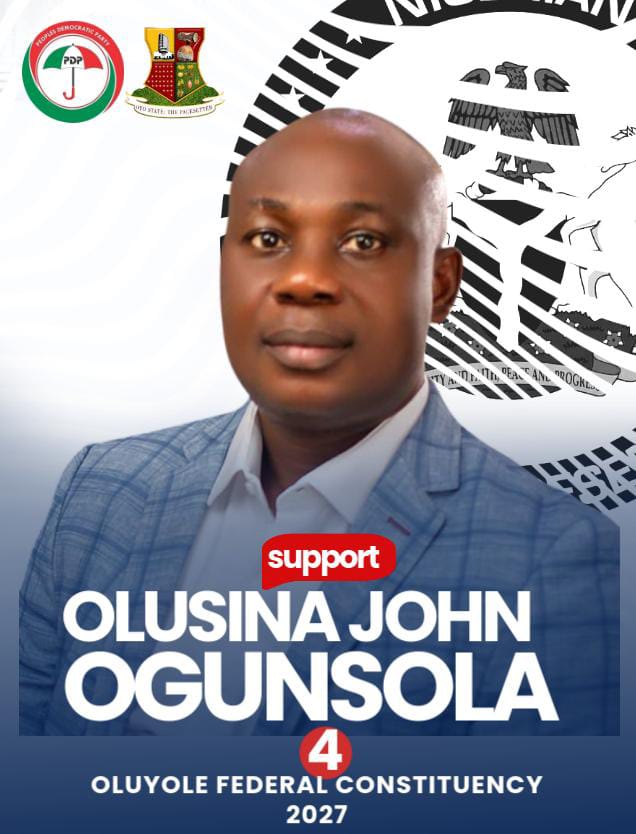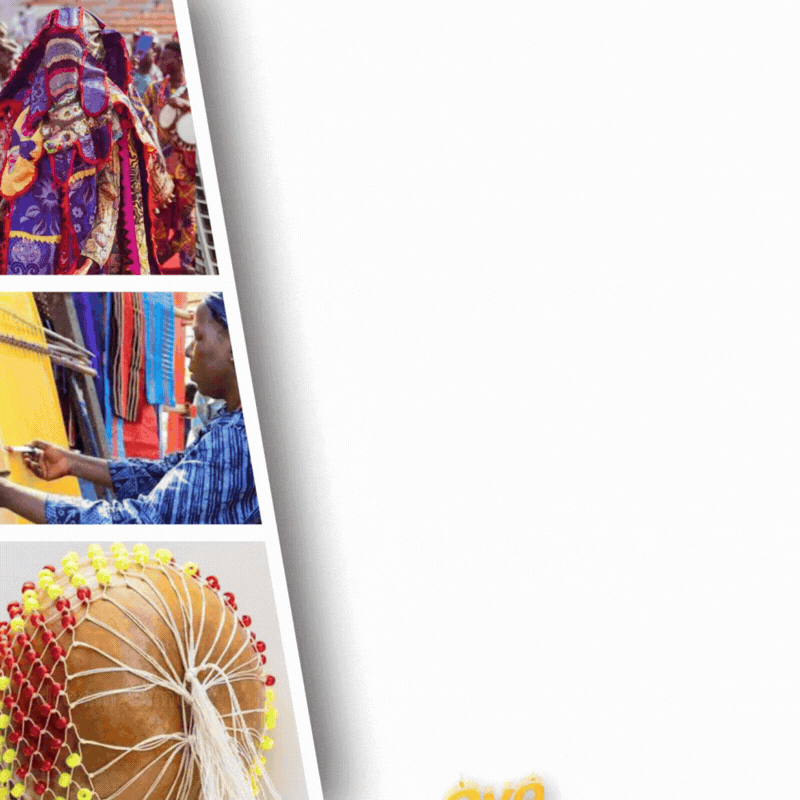Reforms are a vital instrument for driving change in societies, economies, and institutions. It is indeed a deliberate and systematic effort to modify or improve existing systems, processes, and structures to achieve greater efficiency, equity, and effectiveness. Reforms are implemented in various domains; politics, economy, education, healthcare, and governance, with the ultimate goal of promoting sustainable development, social justice, and human well-being.

The imperative for reforms is often precipitated by a convergence of factors, – factors that includes changing societal needs, emerging challenges, and shifting global trends.
In many cases, reforms are necessitated by the need to address deep-seated problems, such as corruption, inequality, and inefficiency, which can undermine the legitimacy and effectiveness of institutions or nations.

Effective reforms require a thorough diagnosis of the problems to be addressed, a clear vision of the desired outcomes, and a well-designed strategy for implementation.


When properly designed and implemented, reforms can have a profoundly positive impact on societies and economies. Truly, it can help to promote economic growth, reduce poverty and inequality, and improve living standards. It can, as well enhance the accountability, transparency, and responsiveness of institutions, thereby build trust, legitimacy, and social cohesion.
For reforms like the tax reforms to be effective, I think they must be designed with a noble purpose in mind. This means that it should be guided by a clear vision of the desired outcomes, and should be based on a thorough analysis of the problems to be addressed. It should be inclusive, participatory, and transparent, and involve all stakeholders in the decision-making process.

But when developmental initiatives are filtered through an ethnic lens, they often perpetuate existing power dynamics and reinforce social divisions. This can lead to the marginalisation of already vulnerable groups, and exacerbate social inequalities, as well, undermine the very fabric of our society. Ethnic bias in developmental initiatives creates a zero-sum game, where one group’s gain is seen as another group’s loss. This mentality only supports a culture of competition and mistrust, rather than cooperation and mutual understanding.

True progress and change require a more deeper and inclusive approach. Developmental initiatives should prioritise the needs of all stakeholders, regardless of their ethnic affiliation. Welcoming developmental initiatives with ethnic views and bias perspectives can be a recipe for stagnation and division. Instead, we should strive for inclusive and equitable development that promotes the common good and fosters a more harmonious and prosperous society for all.
The success of reforms depends on the ability of leaders and citizens to work together to build a shared vision of a better future, and to collaborate in implementing the changes necessary to achieve that vision.
Oyo 2027
AKK 2027
Governor 2027
AKK! Aseyori ni tiwa.
AKK!! Ajose Ajoje
AKK!!! A Task that must be done.


You can get every of our news as soon as they drop on WhatsApp ...To get all news updates, Join our WhatsApp Group (Click Here)

















